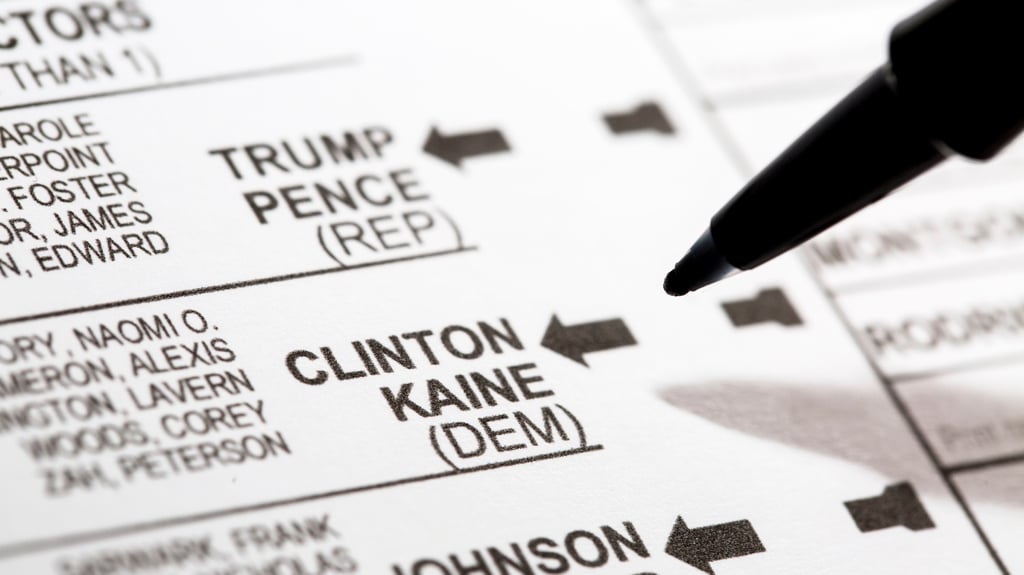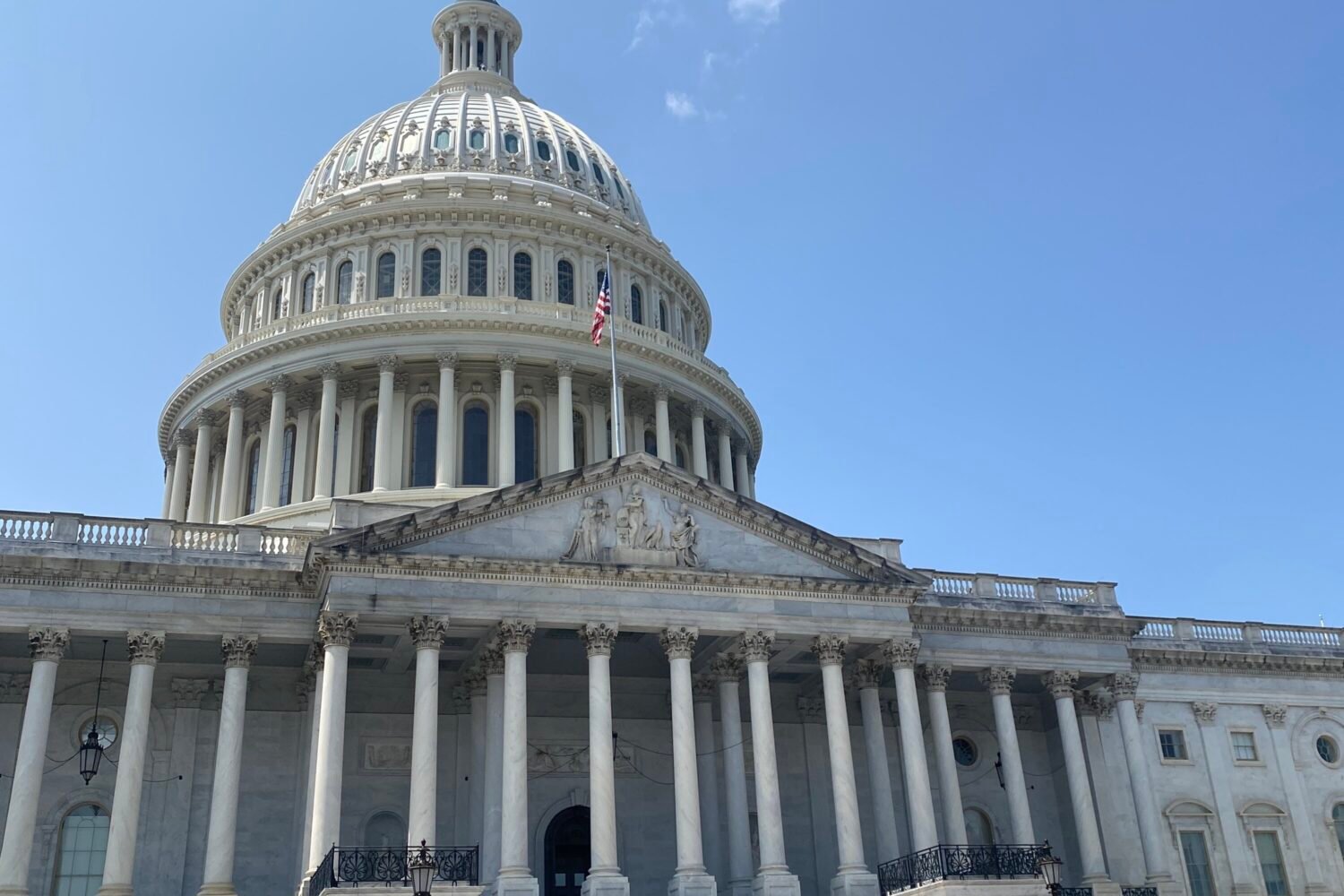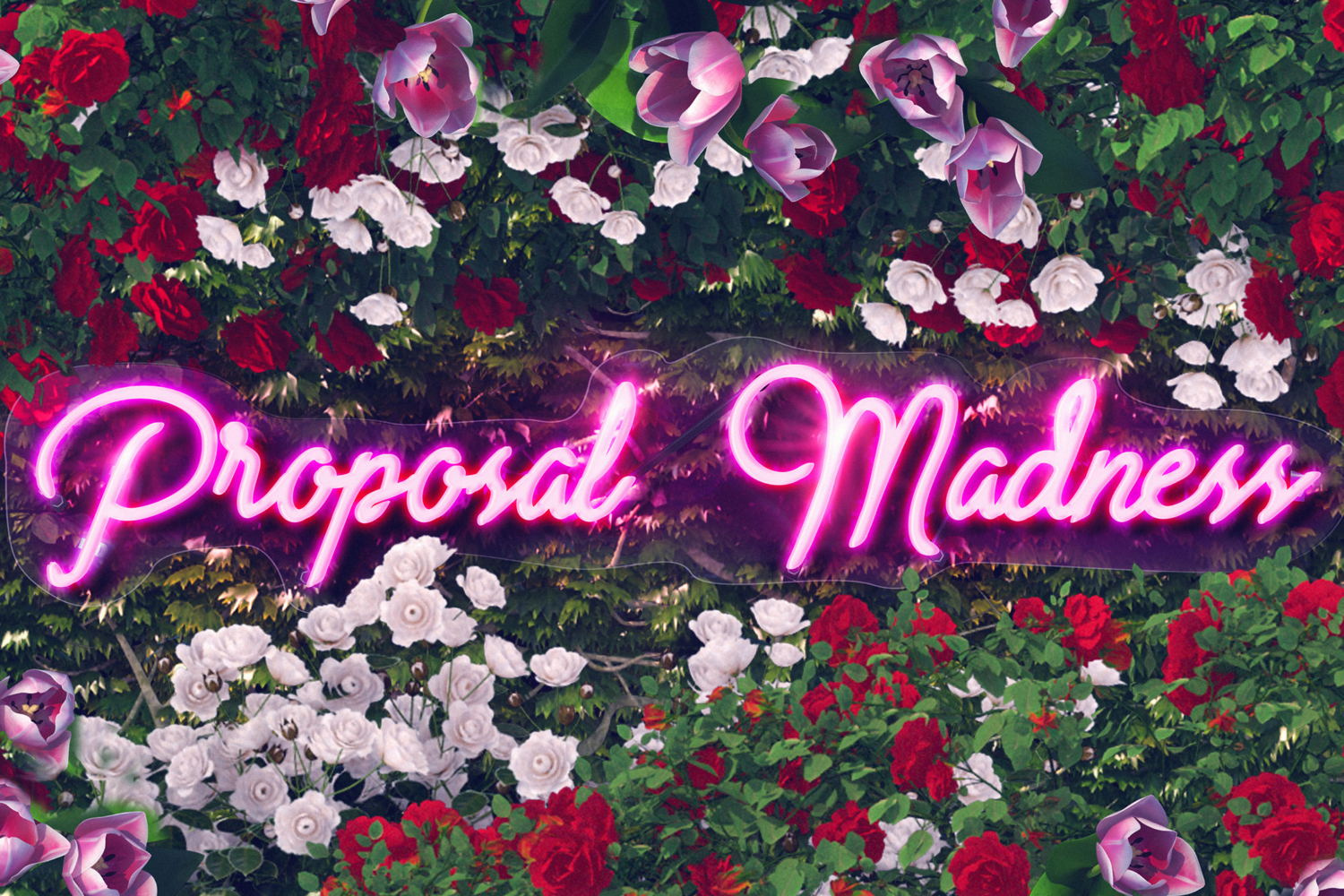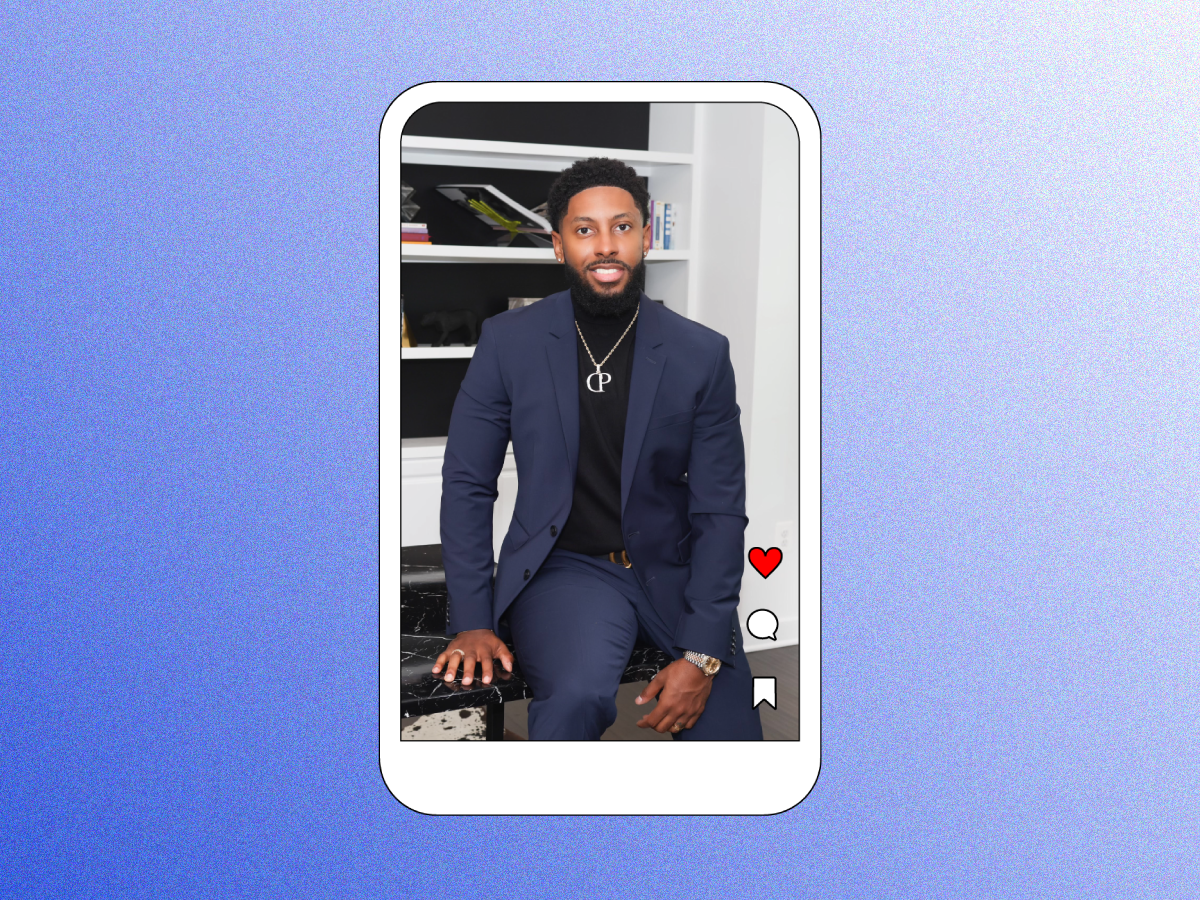A search of the #IVoted hashtags on Twitter and Instagram is most likely turn up photos of people wearing the “I Voted” stickers, but, continuing a trend from the last few election cycles, more than a few of those images will be of completed ballots before they’re deposited with polling places or sent back in the mail.
Social media allows people to share their most private moments with the world, but “ballot selfies” are seen by some states and election-law experts as potentially violating the sacredness of the secret ballot. Many places have had longstanding bans on photography in polling places, but having nearly every mobile phone double as a camera makes it much harder to stop photos from being taken.
And pushes to legalize ballot photos have spilled into the legal system, with mixed results. In California, a judge rejected a lawsuit from the American Civil Liberties Union seeking to overturn that state’s ban on ballot-box photography. A court in New Hampshire ruled the opposite. Justin Timberlake was found to have violated Tennessee state law when he shared a photo of himself casting a vote.
Most instances of ballot selfies—including Timberlake’s—do not actually result in prosecution, but they remain a sticky issue. Rick Hasen, a professor at the University of California, Irvine School of Law and an expert on election-law issues, has argued that they out to be banned outright in the interest of protecting democracy. While it’s gratifying for people to tell each other who they voted for, it’s a different thing entirely to actually show off one’s ballot. At worst, Hasen wrote in 2015, ballot selfies are visual confirmation of how someone voted, which at its worst could be used in vote-buying schemes that were commonplace before the adoption of secret ballots.
With divergent rulings in lower courts, it’s not unthinkable a ballot-selfie case could reach the Supreme Court. In the mean time, though, many—but not all—voters around Washington can share their ballots with the world.
DC: District officials discourage people from taking photos of their ballots, but there’s nothing stopping voters from doing so. Snap away, but please don’t hold up the line.
Virginia: Ballot selfies are also legal in the commonwealth, and even got the blessing of Attorney General Mark Herring after elections officials in two rural Virginia counties complained that updates to election laws loosening restrictions on electronic devices in polling places would slow down the voting process. “The Code of Virginia does not prohibit an individual from divulging how he or she is voting,” Herring wrote. “While the Code of Virginia provides that a voter may not carry a ballot away from the polling place or vote any ballot other than that provided by the officers of the election, these prohibitions do not otherwise constitute a prohibition on photography of one’s own ballot.”
Maryland: While there’s no explicit ban on ballot selfies, voters are not permitted to use electronic devices while inside polling places, and only credentialed media are permitted to photograph or film polling locations, but not actual ballots. Photos of absentee ballots sent by mail are acceptable.


















